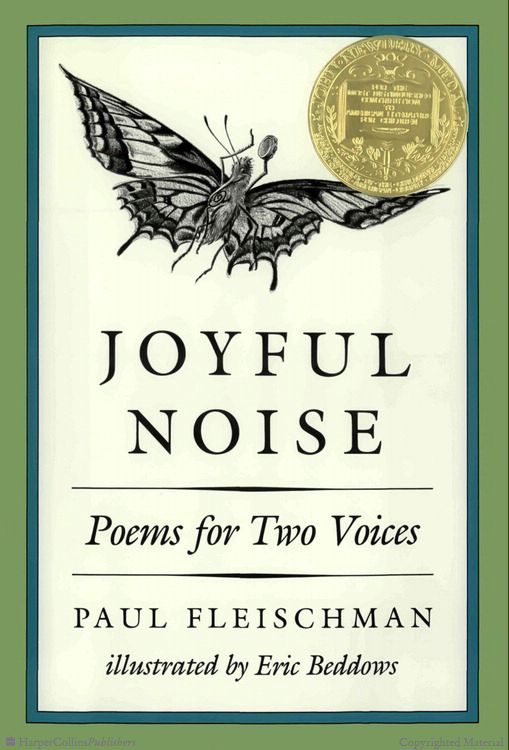See, Flint Can Be Funny! The Watsons Go to Birmingham—1963 by Christopher Paul Curtis
The Watsons Go to Birmingham—1963 by Christopher Paul Curtis. 1995.
One I read in college and several times since, plus heard the author reading at graduation this past July. This is the story of Kenny and his wacky family who, on a trip from their home in Flint, MI, are in Birmingham, AL at the time of a racially motivated church bombing.
The voice is funny, prone to hyperbole, which one might think makes the narrator unreliable, but the boy’s character is drawn solidly as a child we can trust. Curtis shows emotion throughout by using action, dialogue, setting rather than stating it bluntly. His climax scenes are intense: “All the hair on my head jumped up to attention,” he writes instead of saying something like, Kenny was startled. Vivid, totally in voice. The plot is understated and organic. Too much so, I wonder? I recall on the first read wondering for a long time what the point would be, if there would be one. Something to look at more closely later, perhaps.












In honor of a very special day, I thought I'd revive this old post about a book I found, um, intriguing, with some interesting asides...